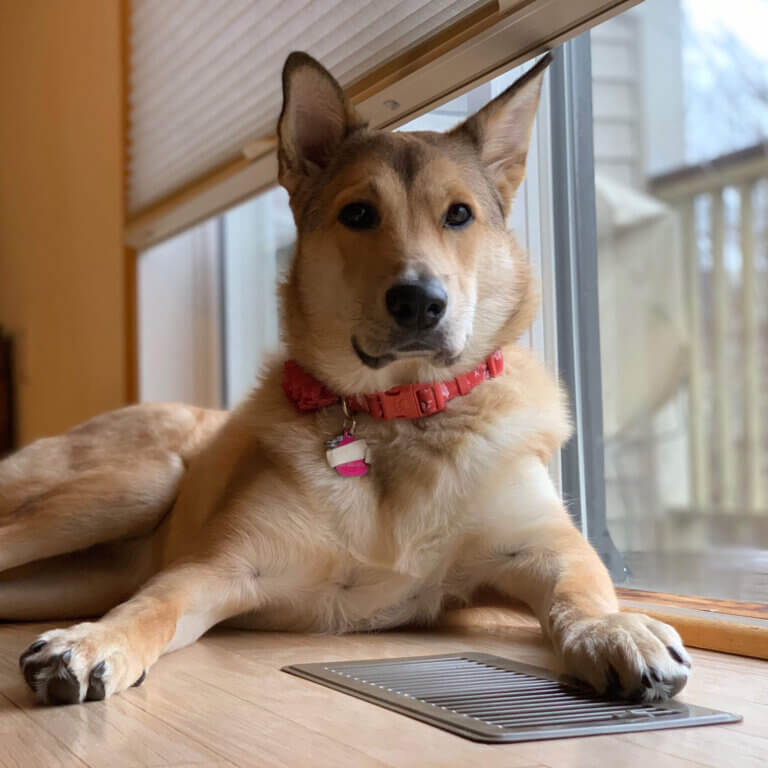Preserving your aging pet’s quality of life is important. Senior pets require a little more attention, patience, and commitment as their needs change. Their diet, routine, and behavior may evolve with time, but underneath, they are still your companion, and they need you now more than ever.
Managing Your Senior Pets Health at Home
Part of managing your senior pet’s health takes place at home. It is important to keep a keen eye on your pet to be able to spot abnormalities as they occur. It is normal for your pet to slow down with age, but it is crucial to know the difference between when an animal is just a little or lethargic due to illness. The same goes for your pet’s mobility. It is normal for a senior pet to walk a little funny as their joints are a bit stiffer, but if they are stumbling or bumping into things, it could be a sign of more significant issues.
The most significant component of your senior pets’ at-home care is ensuring they are safe and acting like themselves. If you notice a sudden change in behavior, an odd lump, or any other strange abnormalities, it is imperative that you contact your veterinarian.
Scheduling Regular Veterinary Visits
As pets age, they become more prone to age-related illnesses. Some of these diseases are curable, some are manageable, and some can be life-threatening when left untreated for too long. Cancer, arthritis, kidney, liver, and heart disease are all common issues senior pets face, and they don’t always have noticeable symptoms. A full veterinary evaluation consisting of various lab panels and physical assessments performed by a professional is the only way to accurately determine what kind of medical attention your senior pet may need.
Please keep your pet safe, happy and healthy by monitoring their well-being with the help of your local veterinarian.
